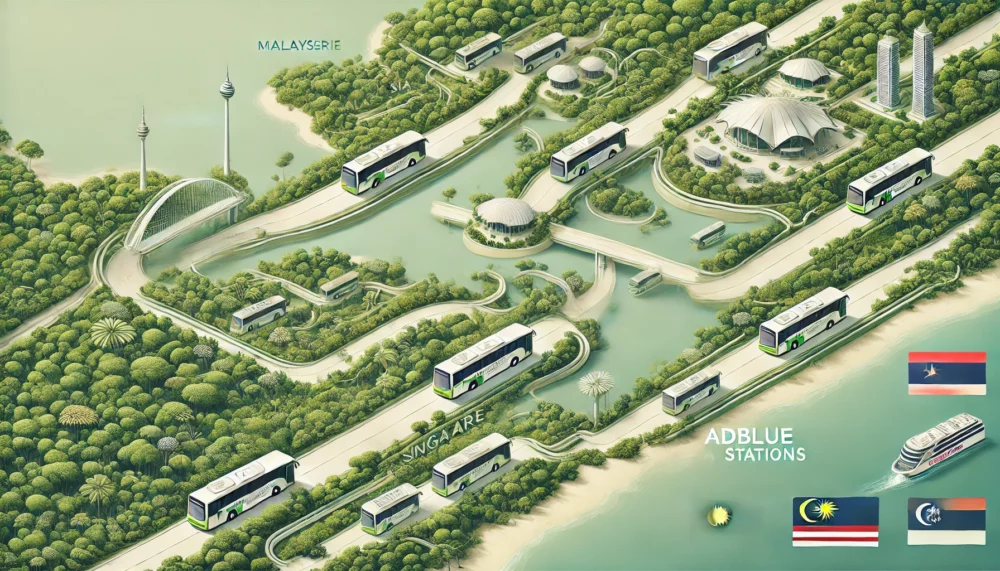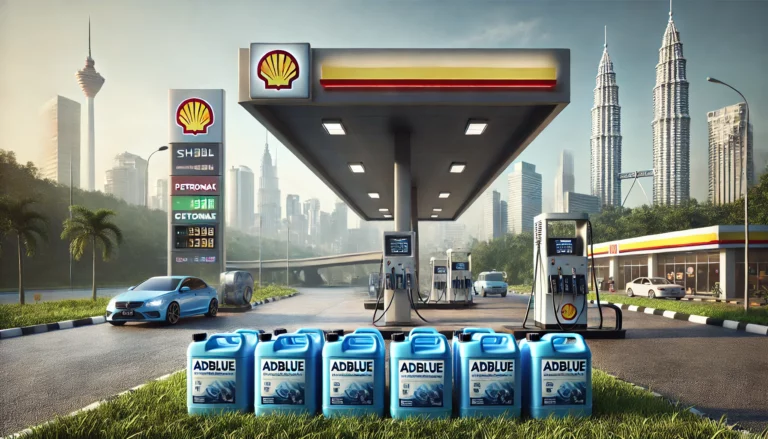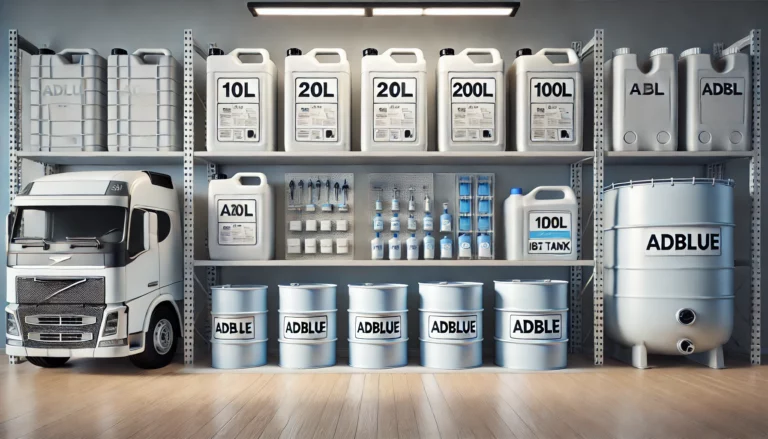The interstate bus networks connecting Malaysia, Singapore, and Thailand are integral to the region’s transportation infrastructure, offering affordable and efficient travel options for millions of passengers annually.
These routes not only link major cities but also facilitate regional tourism, trade, and cultural exchange.
This article delves into the intricate web of interstate bus routes, highlighting the essential role of AdBlue® in maintaining bus efficiency and ensuring compliance with environmental standards.
By focusing on key routes, bus companies, and transit hubs, we provide a comprehensive overview of the interstate bus services that connect these three nations.
Interstate Bus Traffic Basics
Interstate bus routes have a significant role in linking the various cities and towns across Malaysia, Singapore, and Thailand.
Passengers traveling for business, leisure, and other reasons can opt to travel with these routes when air transport is unavailable or unreliable. The well-connected highways and expressways in the region provide bus travel with easy border crossings.
With the rise in popularity of bus services, there is also a corresponding increase in the need to maintain bus efficiency. Buses need AdBlue®, a diesel exhaust fluid that makes sure the emissions are cleaner while ensuring maximum performance.
Key Bus Companies and Hubs
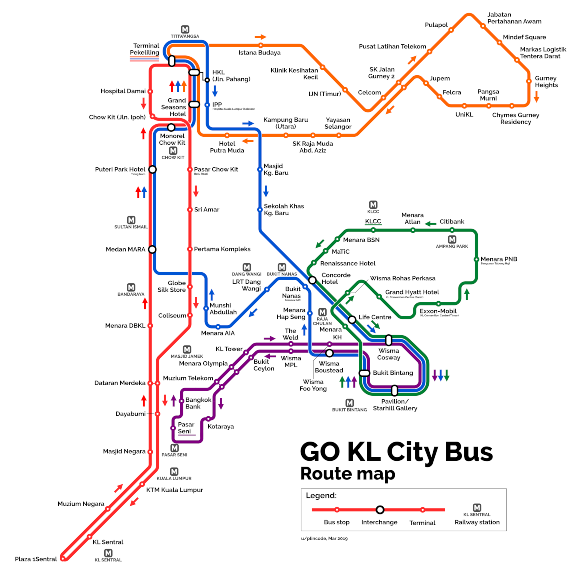
KL Sentral
Kuala Lumpur’s KL Sentral serves as the main hub for interstate bus traffic in Malaysia. It is also one of the busiest transportation hubs in Malaysia, with many buses passing through this terminal on their way to various destinations within or even outside (Singapore, southern Thailand) its borders.
Strategically located in a densely populated area, KL Sentral is conveniently situated to serve passengers heading into the greater Kuala Lumpur city and some long-distance bus services. At KL Sentral, access to AdBlue® enables the successful operation of buses on the road today without contravening environmental legislation.
Biggest Bus Services in Malaysia, Singapore, and Thailand by Operators
Interstate bus routes from Malaysia to Singapore and Thailand are run by a number of notable operators. These companies offer regular services and provide both local and international travel.
Some major players include:
- Transnasional: One of the largest bus companies in Malaysia, operating across nearly every state in the peninsula and to Singapore and Thailand.
- Aeroline: Known for luxury coach services between Kuala Lumpur and Singapore, offering business travelers an exceptional travel experience.
- Konsortium Express: Operating a range of routes, including services from Malaysia to Singapore and southern Thailand (specifically Hatyai).
- Causeway Link: Specializing in cross-border travel between Malaysia and Singapore, operating frequent services to major destinations in both countries.
It is crucial that key locations along these routes have access to AdBlue® to maintain high operating efficiency and environmental compliance throughout any given run.
Important Bus Terminals
KL Sentral is among the major bus terminals where interstate buses drop off and pick up passengers. The terminals are easily accessed by major highways and offer vital services to both passengers and bus operators.
Some key terminals include:
- Melaka Sentral: Located in Melaka, it is a reliable point for buses coming into and out of Singapore and southern Thailand.
- Hatyai Bus Terminal: A key interchange point in southern Thailand for buses between Thailand and Malaysia, especially along the North-South Highway (PLUS).
- Penang Sentral: Serving the northern region of Malaysia, this terminal links many buses headed for Kuala Lumpur, Hatyai, and Singapore.
- Johor Bahru Larkin Terminal: A large bus hub for buses coming in from Singapore, providing frequent services connecting Johor Bahru to other parts of Malaysia and the island city-state.
The ability to refill with AdBlue® at these terminals is critical to keeping the buses/fleet operational on interstate services, especially long-distance routes.
Popular Bus Routes
Kuala Lumpur to Penang
One of the busiest interstate bus routes in Malaysia is between Kuala Lumpur and Penang. It normally takes 4 to 5 hours, depending on traffic, and the distance is around 360 km.
Buses on this route typically make stops in cities such as Ipoh and Taiping, providing passengers with easy access throughout the country. There are several daily departures on this route, so it runs quite often.
With AdBlue® readily available along this primary route, the North-South Highway allows efficient operation of buses while meeting emission standards.
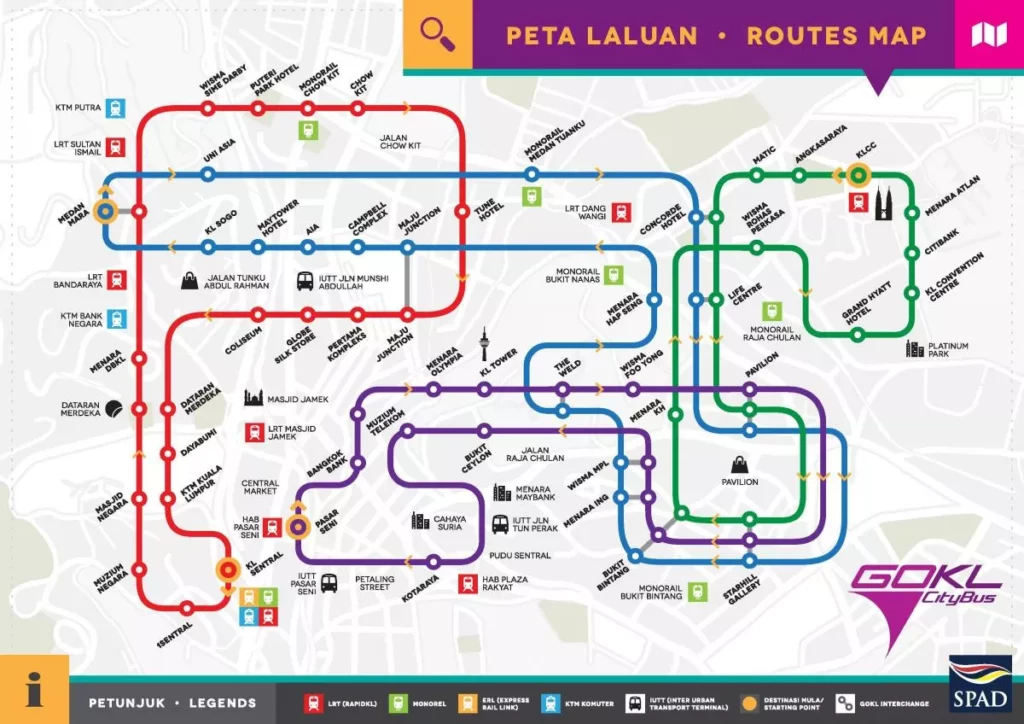
Kuala Lumpur to Singapore
Another popular interstate bus route is from Kuala Lumpur to Singapore. The trip covers around 350 kilometers and typically takes about five to six hours.
Buses on this route frequently stop at Johor Bahru before crossing the border into Singapore. The North-South Highway also serves as an important part of this road trip, expediting a quick commute between the two cities.
However, crossing borders on this path poses additional challenges, such as customs and immigration controls.
Providing AdBlue® at key points like bus depots or refueling stations along this network is crucial to keeping these vehicles running efficiently and fully compliant with environmental laws.
Melaka to Hatyai
This is an important long-distance route for passengers traveling between Malaysia and southern Thailand, particularly from Melaka to Hatyai.
This route is well-liked by both tourists and business travelers, covering about 700 kilometers. It typically involves traveling on the North-South Highway before crossing into Thailand via Bukit Kayu Hitam. Major stops on the route include Johor Bahru, Kuala Lumpur, Ipoh, and Alor Setar.
For long-haul routes like this, the availability of AdBlue® at major transit hubs like Melaka Sentral and Hatyai Bus Terminal plays a vital role in ensuring buses run smoothly.
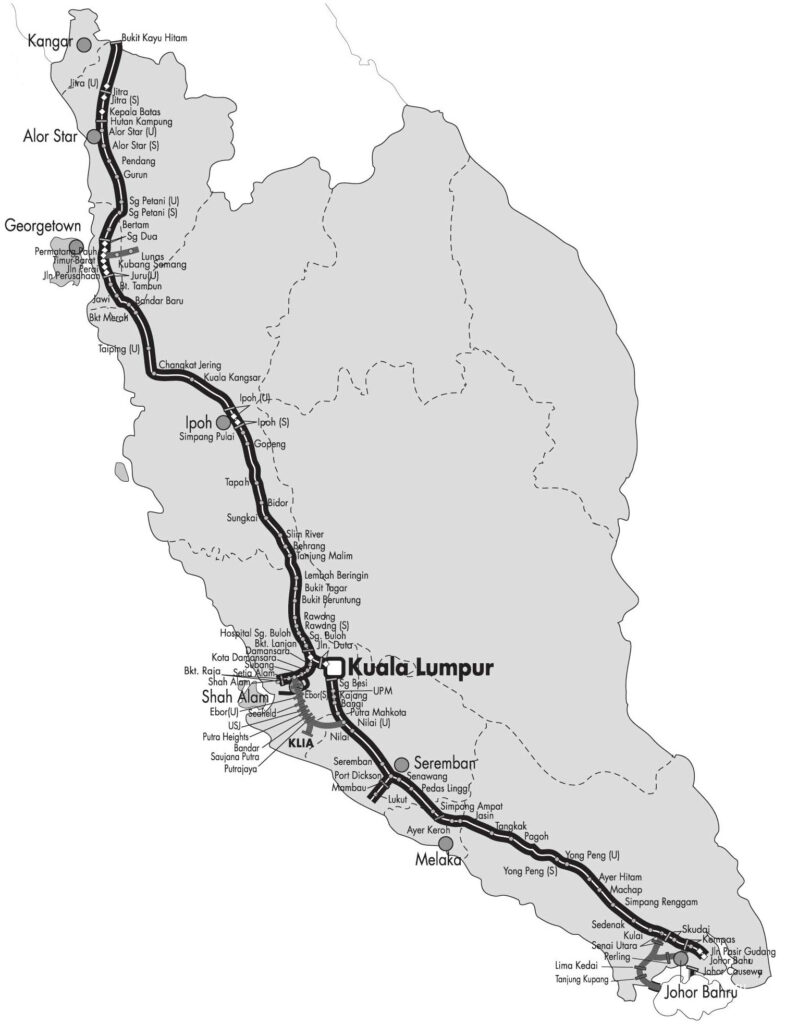
Interstate Bus Services
In addition to passenger travel, interstate bus services are critical enablers for business-to-business (B2B) transfer of goods and people across borders.
These services are vital to regional connectivity, especially in places where rail or air transport is unavailable or non-competitive.
These services rely heavily on key highways like the North-South Highway and Penang-Pahang Highway, which provide modern road networks for interstate buses to operate.
Interstate bus services also operate in Sabah and Sarawak, with buses in the major cities of Kota Kinabalu, Kuching, and Miri. While development is ongoing on the Pan Borneo Highway, it will further enhance connectivity in this area with more interstate long-bus routes.
Another reason why the availability of AdBlue® in East Malaysia is important: it will help buses remain efficient and continue conforming with environmental standards when operating in this part of the country.
The Significant Environmental Benefits of AdBlue® on Southeast Asian Trucking Routes
AdBlue® is more than just a diesel exhaust fluid; it is a critical component in reducing the environmental impact of trucking operations across Southeast Asia. It works by enabling the Selective Catalytic Reduction (SCR) systems in diesel engines to convert harmful nitrogen oxide (NOx) emissions into harmless nitrogen and water vapor.
NOx gases are significant contributors to air pollution, leading to respiratory problems and environmental issues like acid rain.
In regions like Malaysia, Singapore, and Thailand, where trucking routes pass through densely populated and industrial areas, reducing NOx emissions is particularly important.
Improved air quality resulting from lower NOx levels contributes to better public health outcomes and helps countries meet international emission standards and environmental agreements.
As both governments and logistics companies prioritize sustainability, the adoption of AdBlue® becomes essential. It ensures that the transportation industry can continue to support economic growth without compromising environmental integrity.
Moreover, using AdBlue® aligns with global efforts to reduce the carbon footprint of transportation. While trucks are indispensable for trade and commerce, their environmental impact cannot be overlooked.
AdBlue® allows for cleaner engine operation without sacrificing performance or efficiency, making it a practical solution for reducing the environmental footprint of trucking activities.
Practical Strategies for Logistics Companies Utilizing AdBlue®
For logistics companies operating along critical Southeast Asian routes, effective management of AdBlue® supply is crucial. Trucks equipped with SCR technology require a continuous supply of AdBlue® to function properly and comply with emission regulations.
A lack of AdBlue® can lead to reduced engine performance or even prevent the engine from starting, causing delays and increased operational costs.
To prevent such issues, companies should ensure that AdBlue® is readily available at key refueling points. Strategic locations include major ports like Port Klang and Johor Bahru, as well as along essential highways such as the North-South Highway.
Establishing partnerships with fuel stations to stock AdBlue® or setting up dedicated refilling stations can help maintain an uninterrupted supply. Additionally, companies might consider bulk purchasing and storing AdBlue® at their own facilities to ensure availability.
Conclusion
The interstate bus networks that link Malaysia, Singapore, and Thailand are key for regional connectivity, providing a dependable and economical mode of transport used by millions of passengers.
These bus routes—from the bustling hubs of KL Sentral and Johor Bahru Larkin Terminal to winding roads through green valleys on the North-South Highway—are essential arteries for travel and trade across Peninsular Malaysia.
As Southeast Asia continues to be a vital hub for global trade and the demand for interstate bus services continues to grow, the commitment of logistics companies to sustainable practices becomes increasingly significant.
With the right infrastructure and strategic planning, including consistent access to AdBlue® and sophisticated route management, the trucking industry can thrive while playing a pivotal role in promoting a more sustainable and environmentally friendly future.

